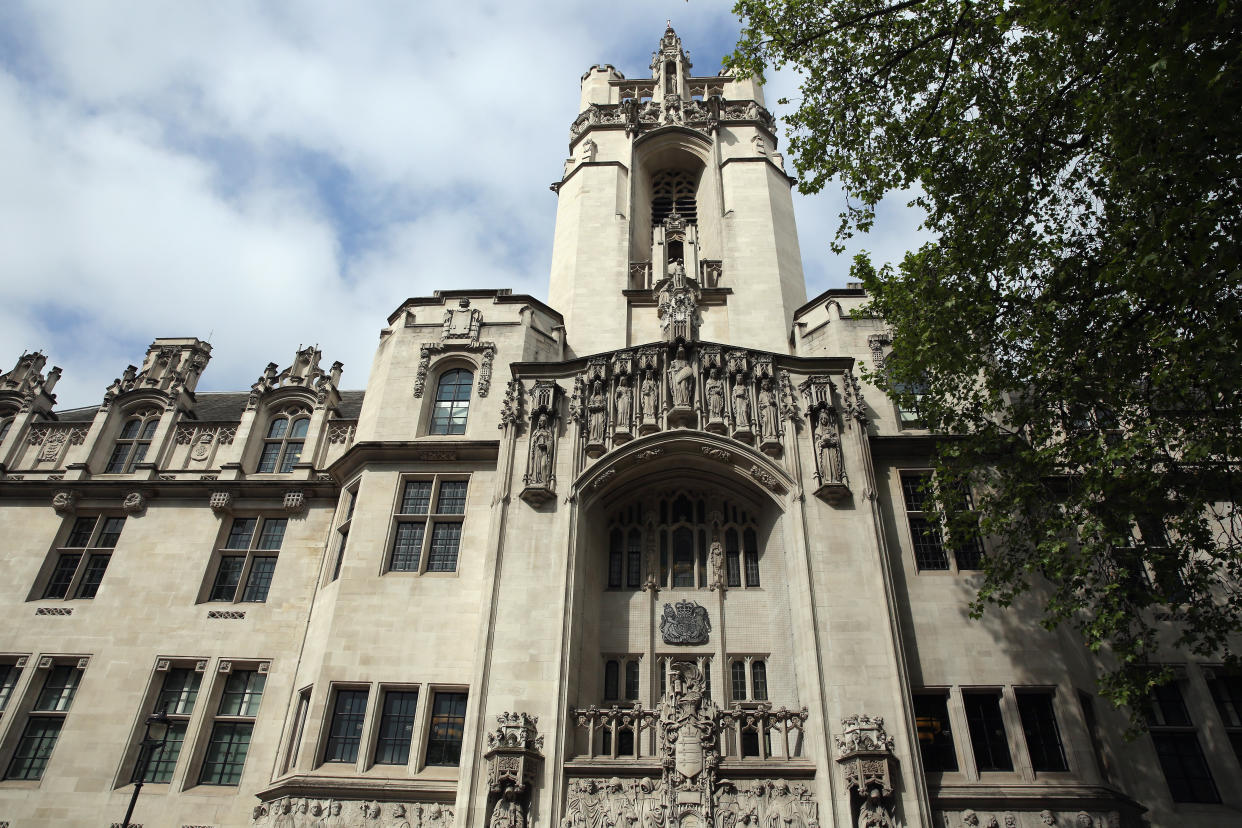‘Paedophile hunters’ did not violate criminal's human rights, UK’s highest court rules

The prosecution of a sex offender aided by evidence from a covert sting run by a paedophile-hunting group did not breach human rights laws, the Supreme Court has ruled.
Judges have been deliberating whether the work of the groups, who use fake online profiles of children to snare predators, was compatible with the right to privacy.
The case was brought to the court by Mark Sutherland, who sent sexual messages to what he thought was a 13-year-old boy on the dating app Grindr, the court heard.
Sutherland arranged to meet the boy at Partick station in Scotland but the account was actually a decoy, created by an adult member of a paedophile-hunting vigilante group that handed over evidence gathered on Sutherland to the police.
He was convicted of attempting to communicate indecently with an older child and related offences in 2018, according to the Supreme Court.
Sutherland has told the court that the decoy account on Grindr, and resulting evidence from the sting operation, breached his right to privacy under article 8 of the European Convention on Human Rights.
In a verdict delivered on Wednesday, judges unanimously found that there was no breach of the right to privacy.

Representing Sutherland in the first hearing in June, Gordon Jackson said there was disquiet about the vigilantes, who he said “in general terms do not fit nicely or kindly with the way we do things”.
He told the court that police tacitly encouraged the groups, who, he said, were able to operate outside the investigatory powers laws the police have to work within if they want to snare paedophiles in this way.
“It is a systemic use of these organisations by the Crown who then say, nothing to do with us, they just come to us as private citizens,” he said, adding that picture “doesn’t reflect the reality”.
Responding, Alison Di Rollo, solicitor general for the Crown Office and Procurator Fiscal Service, Scotland’s prosecution organisation, argued the police have a duty to detect and prevent crime and respond when alerted to a “person who may pose a sexual risk to children”.
She said there is “no right to respect for such behaviour in a democratic society” and no violation of article 8.
While Grindr could engage the right to privacy when used by adults to form relationships, Di Rollo said that right “does not extend to doing so with children” and added that vigilante groups are “self-tasking” and accountable under law.
Delivering the judges’ verdict that no breach had occurred, Lord Sales said: “The interests of children have priority over any interest a paedophile could have in being allowed to engage in the criminal conduct in issue here.”
In the verdict, published online, Lord Sales said there is “no incompatibility” between the government’s obligation to protect the right to privacy and the use of evidence gathered by the paedophile-hunters in this case to support Sutherland’s prosecution.

 Yahoo News
Yahoo News 
